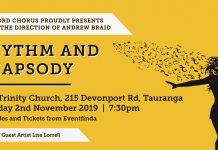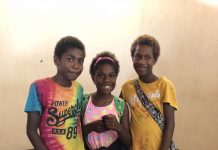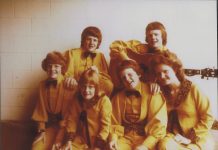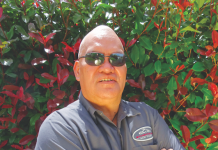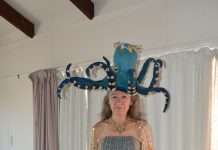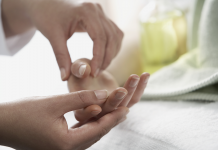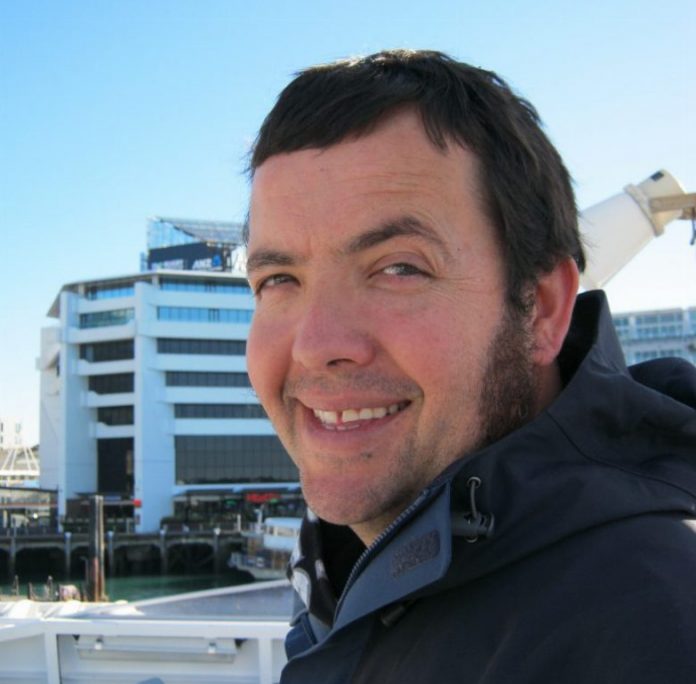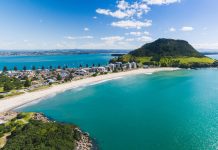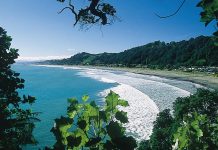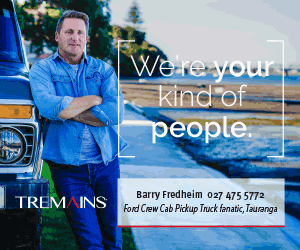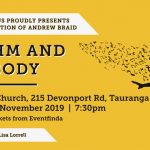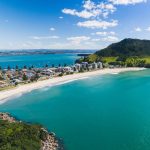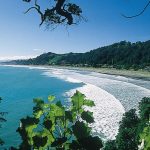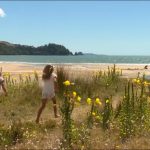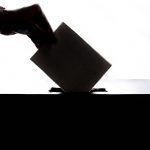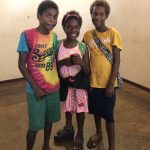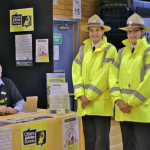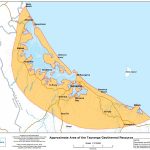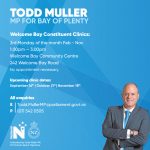Ring the bells for the sad fall of an important political movement that sought to give voice to the founding partnership of our nation, that between Māori and the Crown in the Treaty of Waitangi.
Over nine years, the Māori Party undertook the thankless task of trying to cure the National Party of its myopia, introducing them to the beautiful world of whakawhanaungatanga [building relationships as our central role in life] that Māori inhabit. Alongside those humble, chiefly people, the National Party gained access to communities and places that had been restricted after a particularly divisive speech given in Orewa in 2004.
Bill English’s speech in 2002, his commitments in 2003 and his failure all paved the way for the most destructive speech on race relations this country has seen in the modern era. Don Brash suggested a Treaty industry out of control and misled New Zealanders about the costs. The largesse was news to most Māori around the country; we sat bemused with the pittance and apology we had accepted for the horrific crimes and theft their ancestors had experienced.
Reaching forward together as a community
All of the Treaty settlements that have ever been settled have cost a total of 0.5 percent of one year’s GDP in New Zealand. In Tauranga Moana, our tribes have accepted less than five percent of the value of the land seized from them for having the temerity to defend their homes. Why so little? Because they believe a sincere apology and a partnership with the community to move forward is worth it.
A partnership that has made us a better country
Without needing the heat and hate generated by the Orewa speech, the National Party in partnership with the Māori Party settled settlement after settlement in the last nine years. Partnerships are nothing to fear; the partnerships I have been in have made me a better person. The Treaty of Waitangi was a covenant, not a contract, a partnership that has made us a better country; world leaders in disputes resolution, in co-governance, in co-management and in environmental law. The partnership has meant Māori are not a cost on society, kept down and out, but are now a positive contributor: Māori poured over $50 billion into the New Zealand economy last year. Tribes are now job creators who live in your community for the benefit of your community. Can you say that of most of the companies that National have backed over the years who left for Asia?
Māori love this community and love you for being here
Do you like kayaking on the Wairoa River with bush on the banks and birds singing? Māori efforts in the Environment Court stopped it being turned into a marina and residential housing. Do you like the efforts made to get the tracks open after a slip on Mauao? Our tribes are the owners who work hard with the Council to ensure that happens in a timely manner. Do you like the kapa haka your children do at school, and the community competitions they go to, a rainbow of skin colour and enthusiasm? Local Māori volunteer to put up the marquees, organize the food, teach your children songs, and laugh and clap on the day. This is who we actually are: members of your community who love this place and love you for being here.
Persistence in building relationships is our central Māori role in life
The only betrayal is a betrayal of hope when fringe political movements get to push a message that we should fear difference, refuse to acknowledge wrongs, avoid fair restitution and posit a future where one people in a diverse New Zealand dominate everyone else. What a sad vision from the worst excesses of a passing generation; thank goodness, the Māori Party and our people throughout New Zealand persisted in whakawhanaungatanga despite the poverty of aspiration coming from a few foghorns in Hobson’s Pledge.
By Graham Bidois Cameron
I write for this magazine to increase our community’s understanding of the Māori community.



